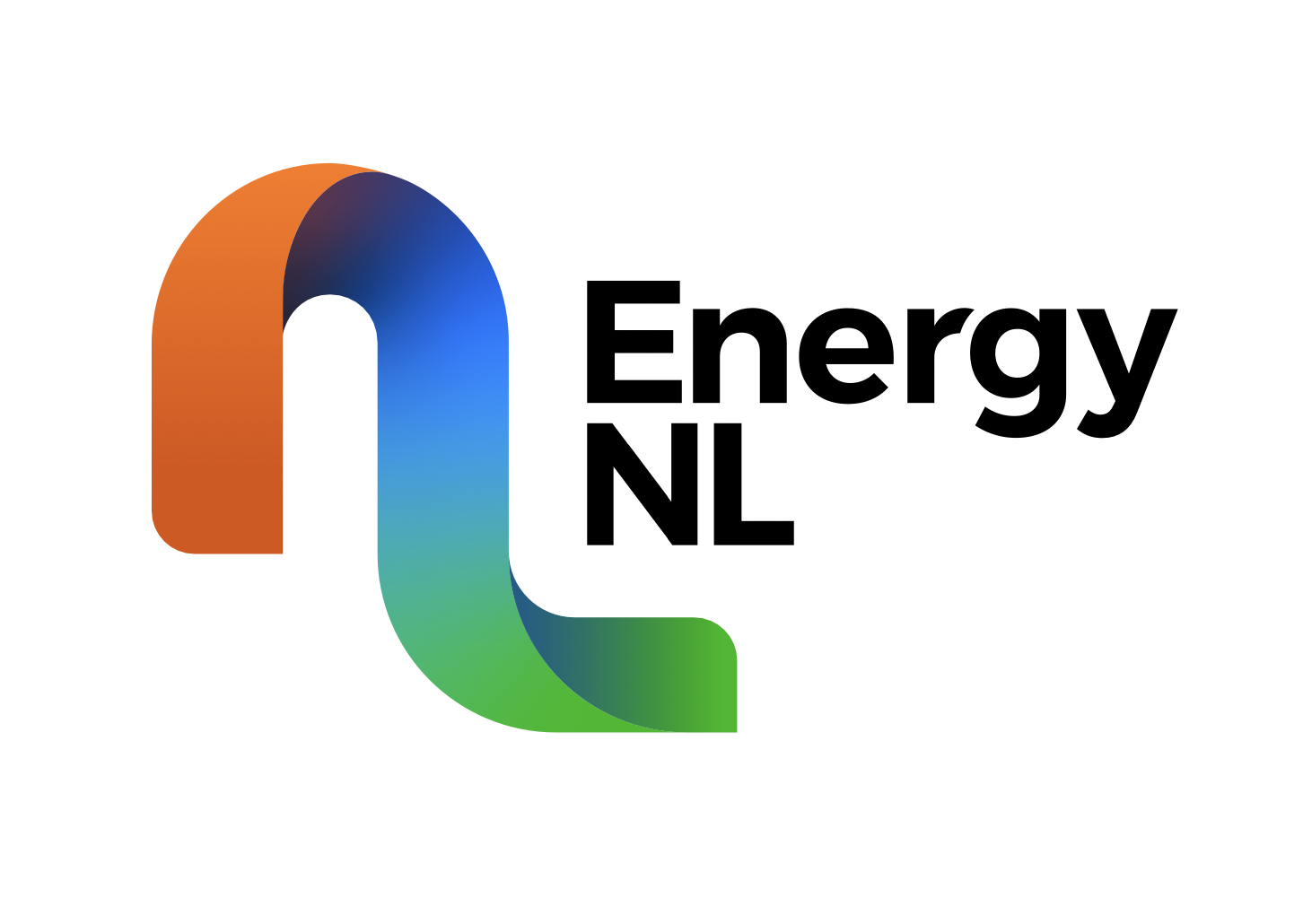Stability in Brent crude futures viewed as ‘highly constructive’ for offshore project demand globally
Offshore drilling contractors Transocean and Valaris are considering all the increased customer inquiries, discussions, and contract awards realised during the third quarter of 2021 as a positive outlook for the sector.
Citing customer conversations and increased utilisation and dayrates, Transocean chief executive Jeremy Thigpen said during the company’s third-quarter earnings call on Tuesday that the company is confident the recovery is gradually accelerating for ultra-deepwater and harsh-environment markets.
“Oil prices remain highly supportive as Brent crude has remained in the low to mid $80 per barrel range since the beginning of last month,” he noted, adding the company expects the trend to continue because of “significant and prolonged underinvestment in traditional sources of energy”.
It is a sentiment echoed by Transocean competitor Valaris.
“The two-year forward Brent crude prices are currently around $70 per barrel level, and that is viewed as highly constructive for offshore project demand,” said Valaris interim chief executive Anton Dibowitz in the company’s third-quarter earnings call on Tuesday.
Dibowitz noted that research from Rystad Energy indicates floater demand is expected to increase at a compound annual growth rate of about 6% between 2021 and 2025.
“This growth is expected to be driven by both exploration and development drilling. This is a strong signal of a customer’s conviction in the economics for deep-water projects and is positive for longer-term demand for these rigs,” he said.
Contributing to the positive view of the rig market future are the multiple final investment decisions expected globally in the year ahead.
According to Thigpen, project sanctioning has “recovered to near pre-pandemic levels and is projected to reach 129 final investment decisions in 2022, a significant increase from 2019. Indeed, all the signs point toward a positive outlook for our sector”.
Higher dayrates
While demand is increasing, so too are the contracted dayrates.
For the US Gulf of Mexico, Thigpen said Transocean is expecting awards to be made soon “at dayrates of about $300,000 per day, reflecting the increasing tightening of this market”.
Dibowitz noted that for Valaris, the higher dayrates are helping to “lay the foundation for improved financial performance in 2022 and beyond”.
According to Dibowitz, more than $1.7 billion of Valaris’ backlog added year to date has been for its floater fleet, including several multi-year drillship contracts.
“As a result of these contracts, the average dayrate within our float backlog has increased by 25% year to date, to $235,000 a day,” he said. “It is also worth noting that about 75% of the backlog added year to date is with majors and large international oil companies.”
While demand is helping tighten the market, the challenge becomes ensuring a ready supply of floating rigs in the Transocean and Valaris fleets, with customers looking to secure rigs for late 2022 and 2023 now.
“Especially in the US Gulf of Mexico, which seems to be the hottest segment at the moment, we’ve seen those rates push up to the $300,000 mark [on dayrates],” said Roddie Mackenzie, senior vice president of marketing for Transocean. “In fact, one customer told us the other day that it’s going to be a case of musical chairs, and somebody is going to find themselves without a rig.”
He added that with that kind of sentiment, then “there’s certainly a lot of optimism about the value of the rigs in terms of getting what you need”.
Brazil and West Africa beckon
Mackenzie tapped Brazil as another big market for rigs.
He said: “There’s about 27 years of work that has already been awarded this year for the floater market in Brazil. As we look at the project approvals that are to be sanctioned in 2022, 2023, and 2024, those combined three years will sanction somewhere in the region of 28 to 30 projects.”
Dibowitz said Valaris expects Brazil to be a “primary driver of incremental floater demand over the next few years”.
The drilling contractor has secured several multi-year contracts over the past few months for its fleet in Brazil, including a 548-day contract for its drillship Valaris DS-4 with Brazilian national oil company Petrobras.
Both companies are seeing a return of drilling activity in West Africa.
Valaris has experienced a noticeable increase in deep-water tendering activity in West Africa, with Dibowitz noting that activity there fell to an extremely low level last year.
Thigpen said that Transocean is seeing in West Africa “a number of opportunities emerge for both short and long-term work from various IOCs”.
“Previous prohibitive fiscal policy in certain African countries has improved and there is a large push for government investment. Near the beginning of the pandemic, several locations such as Angola experienced significant challenges from the effects of Covid and Q2 2020,” Thigpen said.
“The offshore rig count in the country went to zero as contracts were either suspended or terminated.
“Looking forward to 2022, we anticipate the Angolan rig count to be north of seven rigs, while Ghana and Nigeria have similar outlooks,” Thigpen added.
Source: Upstream | This text was excerpted from the media outlet cited on November 3, 2021 and is provided to Noia members for information purposes only. Any opinion expressed therein is neither attributable to nor endorsed by Noia.





